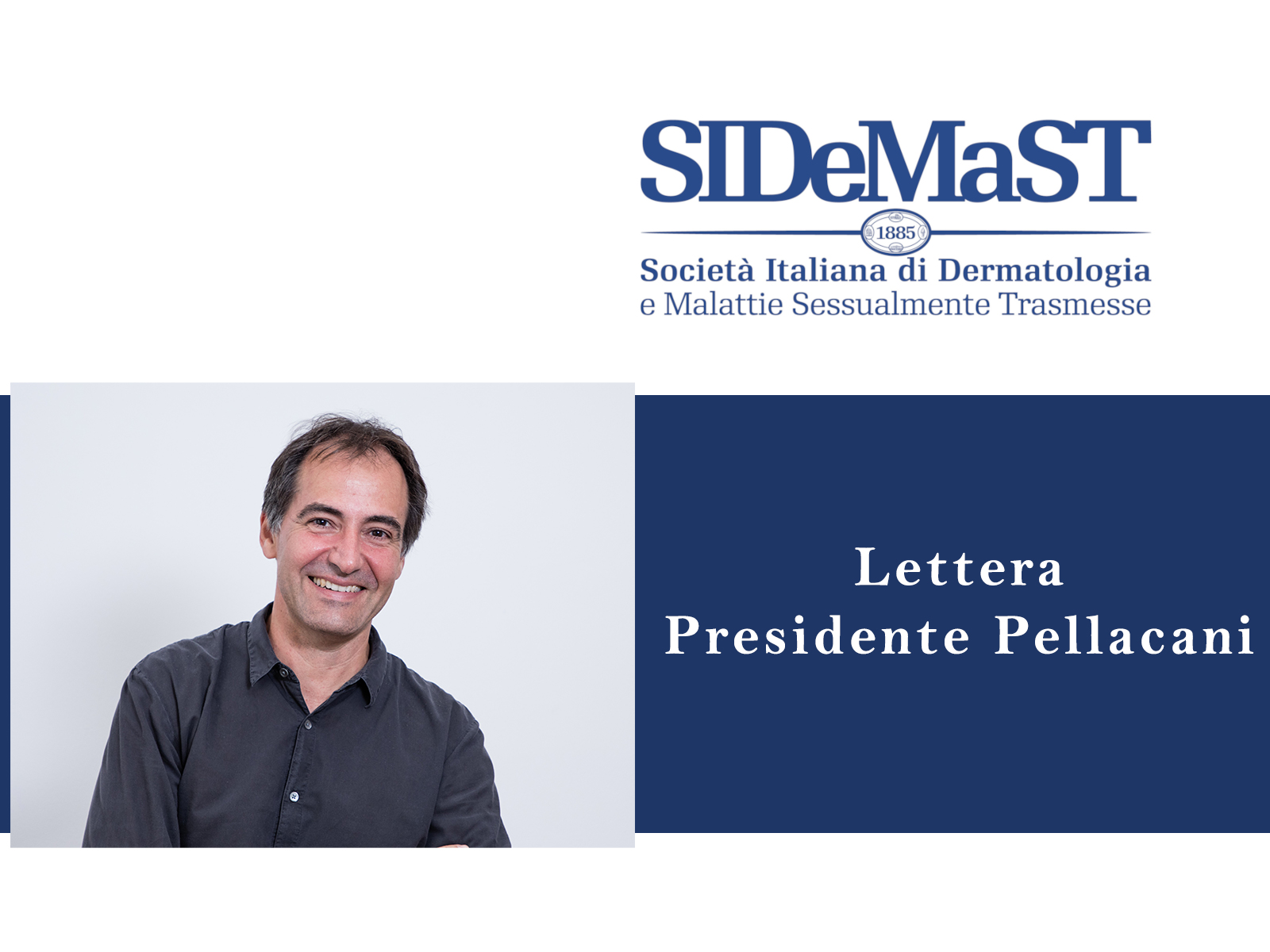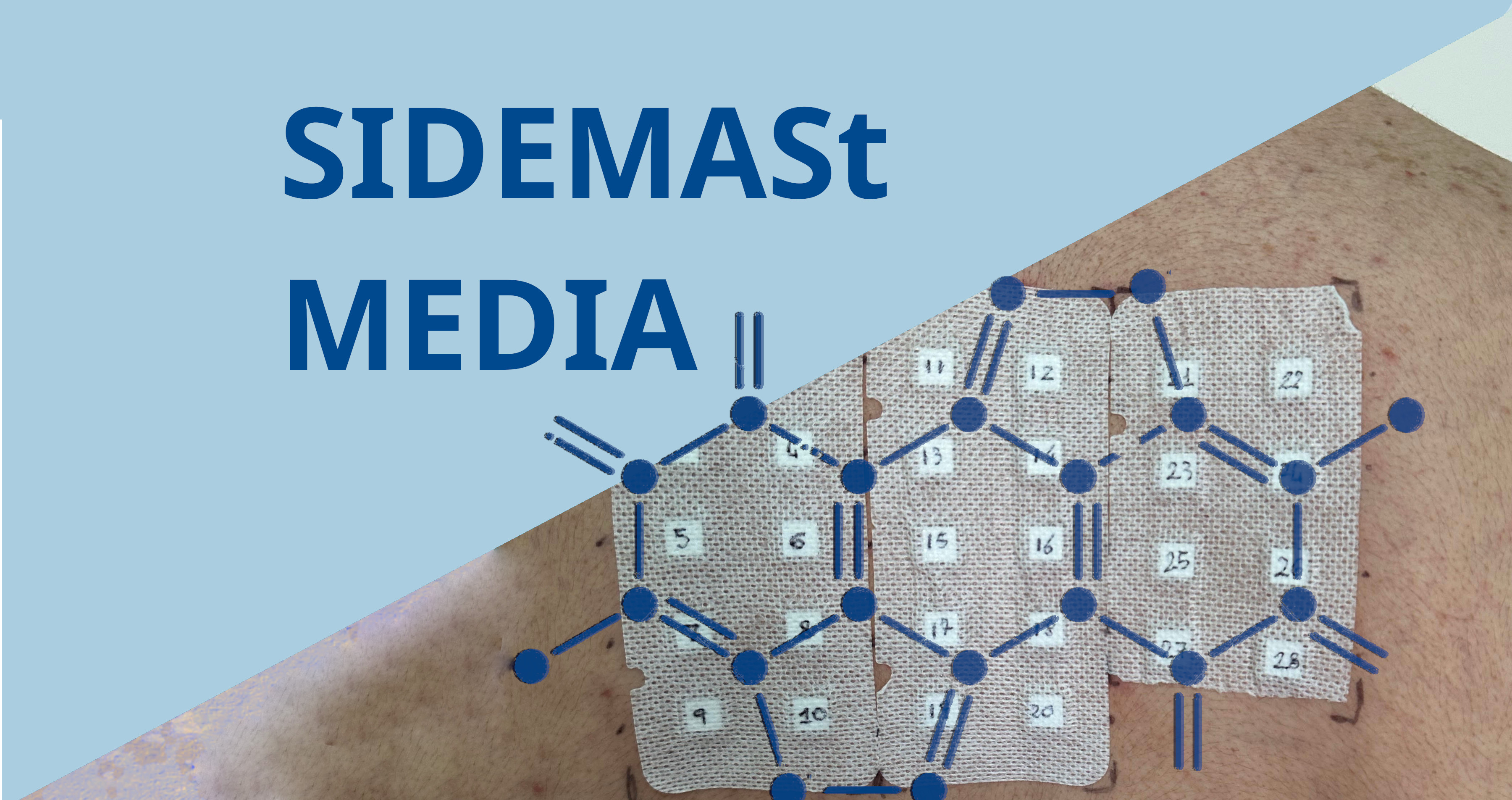A new metastatic melanoma study published in the Journal of Clinical Oncology suggests that a combination of 2 immunotherapies may be better than one.
One treatment uses a patient's own T cells modified in the lab to more powerfully recognise and attack tumours. The other treatment, a checkpoint inhibitor, releases the brakes on the body's natural immune system.
Researchers at Fred Hutchinson Cancer Research Center, Seattle, Washington, said the study, conducted between 2011 and 2013, opens the door to more studies of combination immunotherapy to fight metastatic melanoma and possibly other cancers.
Of the 10 study participants, 3 experienced disease progression, 3 had their disease stabilise, 2had a partial response before the disease progressed and metastasised, and 2 experienced complete remission.
Five of the 10 patients were still alive 3 to 5 years after starting the treatment. In 2011, when the study began, patients with metastatic melanoma faced an average survival time that could be measured in months.
With only 10 patients in the trial, definitive conclusions cannot be reached. But one of the patients -- whose case study was recently published in the Journal of Experimental Medicine -- had previously received a checkpoint inhibitor and an earlier version of T-cell therapy. Neither treatment had worked independently, but the combination approach, which included newer T-cell technology, apparently drove the cancer into remission.
"This suggests that you can probably 'rescue' patients who do not respond to one form of treatment by doing combinations," said Aude Chapuis, MD, Fred Hutchinson Cancer Research Center.








